
The conference will address the issues of electoral processes and the crisis of electoral democracy, bringing together dozens of academic researchers, experts from various fields, representatives of the institutions, engaged intellectuals, and activists from Serbia and around the world.. They will seek answers to questions that are relevant not only in Serbia, but also in countries with much longer democratic traditions.
Through plenary discussions, expert roundtables, working groups and workshops, participants will search for concrete solutions to improve electoral processes and strengthen democracy. The discussions will focus on ways to resist political clientelism, electoral engineering, and media manipulation, and strenghten tools for election observation and analysis.
As she wonders in an article who is voting for an authoritarian, Svetlana Slapšak promptly provides the answer – those who would always vote like that plus those captured by the capillary dictatorship and debts. She can help us understand the meaning of ancient ostracism nowadays in view of the “capillary networking of party, economy and criminality”? Through decades filled with her astonishing creative and academic accomplishments, Svetlana Slapšak has always been and still is a role model of intellectual honesty and fearless activism, and as such is a right person to break ground for thoughts on how to protect democracy and sovereignty of citizens.
What have we learned so far from this election year? Were there any surprises, and what are the expectations for the peak of the dynamic electoral season? How can outcomes of the exciting and uncertain races in “big” countries affect the situation in the countries where elections, for various reasons, are not making any change for a very long time now? From a global perspective, is democracy winning or losing this “Super Bowl”? Some of the 2024 elections are free and fair, many not. Such a number of ballot box battles, occurring more or less at once, may further destabilize an unstable world – for good or bad? And, what to say from a local, Serbian standpoint?
As one of the most prominent peace and human rights activists, Alexander Cherkasov is a crucial witness to the process of Russia’s declining into a new form of dictatorship, ironically legitimized through multiparty elections. Seeing the history of post-Soviet Russia as “a chain of wars, crimes and impunity”, Cherkasov appeals for “revaluing democratic values in order to find where the road to democracy is”
Democracy is a system in which parties lose elections. In electoral authoritarianism opposition parties lose elections The ongoing story of elections speaks as much about authoritarian manipulations as it does about democratic triumphs. Electoral authoritarian regimes are keen to reap the fruits of electoral legitimacy without running the risks of democratic uncertainty. They neither practice democracy nor resort regularly to blatant repression. How to see through misleading labels and to challenge new forms of authoritarianism that do not fit into classic categories of one-party, military, or personal dictatorship?
False narratives and conspiracy theories have evolved into a global menace. In today’s media ecosystem disinformation is undermining trust in democracy and foreign influence campaigns are targeting polarizing domestic issues. Artificial intelligence has boosted the disinformation engine and twisted perceptions of reality. How is the idea of a well-informed citizen deciding freely, which is fundamental for democratic elections, to fit into such a picture? Is quality journalism irreversibly becoming history? Is democracy, with all its time-consuming procedures, too slow to keep pace with technology developing at an unimaginable speed?
The Serbian public has faced an extreme manifestation of election engineering in December 2023, when the organized migration of voters was conducted at a scale that has never been documented before. “Electoral tourism” is not the only way that regulations and institutions are being misused to scam elections, neither Serbia is the only place where various illegitimate and even illegal activities are being employed to engineer election results.
Opening of the exhibition by photo collective Kamerades.
Serving in different countries, diplomats learn about many specific attributes of electoral processes around the world. Not all elections are exciting in the same way; the question is whether the same criteria can be applied to assessing the quality of elections everywhere.
In many countries all over the globe elections are decided by offering favors in the form of money, jobs, and services in exchange for votes. The Western Balkans region is not an exception to a practice that springs “at the crossroads of politics and administration, economy and society”. Broad as it is, the concept of clientelism means “different things to different people”, so this panel is exploring its also a regional meanings and varieties and attempting to conceive a strategy for combating client politics.
Do we need a new model for organizing the work of election commissions, on national and local level, and polling boards, particularly in terms of the way that they are composed? Currently, members of those bodies are being delegated by the political parties, which in practice may mean that they prioritize their parties’ interests to the public interest. How to help the election administration to overcome problems, such as lack of experts and resources, in order to gain more citizens’ trust?
How to empower the public media services to perform the critical role they have in protecting society from polarization and putting the public interest first? In times when disinformation gains a horrifying power, how to have professional and trusted media that will safeguard citizens in times of extreme crisis, such as pandemics and climate threats? If privately owned media outlets don’t provide a balanced picture of an election campaign, is it utopian to believe that the public ones can be a synonym of no bias editorial policy?
For various reasons, it doesn’t feel quite the same to be an international and a domestic election observer. After all, it’s not the same if a country of election fraud is a foreign one or your own. Citizens’ election observation missions are facing many different challenges in their work, but they all share the same goal – to protect the integrity of elections as the public interest.
A public mistrust in the electoral process reaches an almost utmost depth when citizens lose trust in the accuracy of the voter register and start perceiving it as a tool primarily used for election manipulations and abuse of voters’ rights. What is a way out of a crisis like that and who bears the biggest responsibility to provide a trustworthy document, which is a precondition for elections that may reflect the voters’ will?
Is it the same to manipulate mass media as to rob an election? Such a dilemma may sound too radical, but many examples around the world prove that radical unfairness in elections is mostly embodied in incomparable access to money and media. If there is no political pluralism in the media, how can an election race be competitive? If daily there is more propaganda than objective reporting in the media, what a difference an official campaign period can make, with all its quotas and regulations? And what if even then most of those regulations are not respected?
Observers must be impartial and politically neutral, but that does not mean that election observing is not activism. On the contrary, observers are the people who invest their time and energy for a great cause – to support democracy, which is not possible without free and fair elections. What is specific about that kind of activism in local communities, where grassroot groups are mobilizing to watch over municipal elections?
How to combat impunity if perpetrators of election related criminal activities are not prosecuted and brought to justice? How to protect public prosecutors from political pressures and influences? As the number of law violations in the electoral process is growing, a question is whether prosecutors are provided with mechanisms that enable them to work more efficiently.
Democracy suffers when disinformation and media manipulations blossom, particularly if these are spread for geopolitical reasons. Similar languages and cultural connections are some of the advantages of the Western Balkans region, but they can also be misused for easier dissemination of toxic propaganda. Why do we say foreign when we mean malign influence?
*(closed event reserved only for CRTA observers)
How can historical memory be our ally in defending (or fighting for) democracy? Can national borders come between civil societies? Where is the line between principles and pragmatism? What is to inspire new generations of activists and are we living in a time of a crisis of imagination?
Presentation of conclusions and recommendations from the discussion table sessions
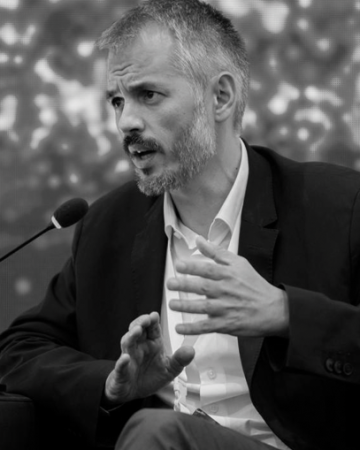
Political analyst and writer
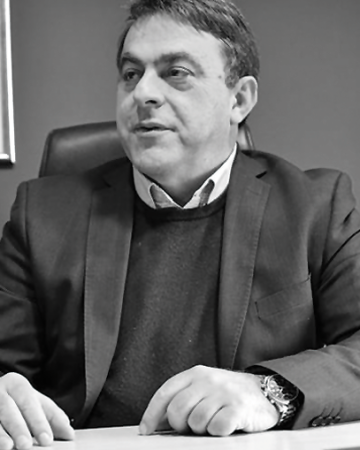
Election Expert
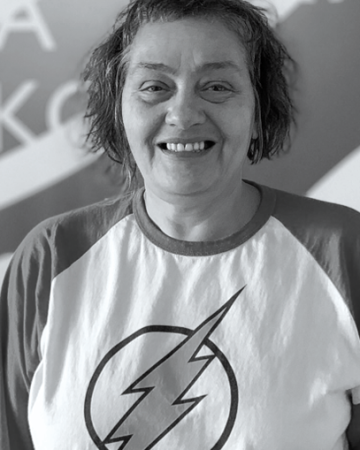
News Editor, BBC Serbian
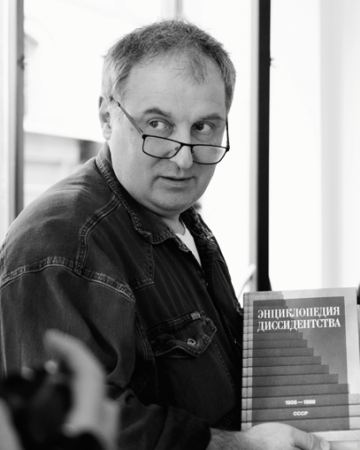
Board Member, Memorial Human Rights Defence Centre
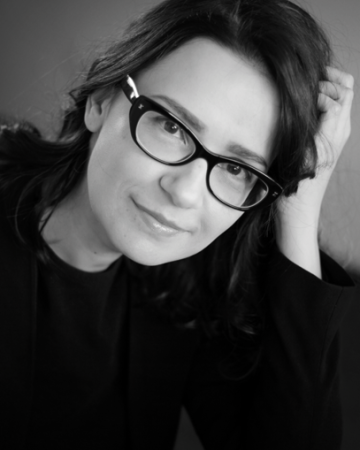
Media Theorist and Professor, Faculty of Dramatic Arts, University of Belgrade
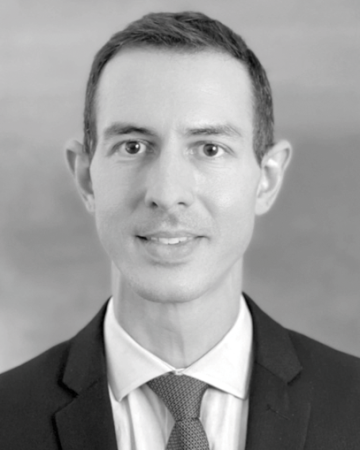
Ministry of the Interior and Overseas France, Political Elections Department

Journalist and former RTS Editor-in-Chief
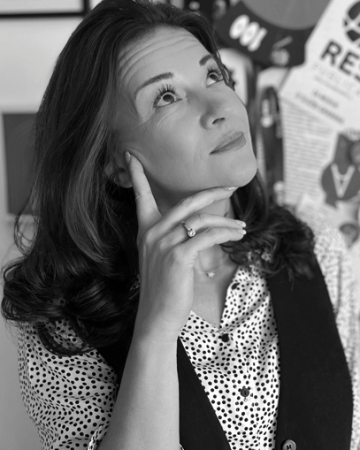
Res Publica

Foreign affairs commentator
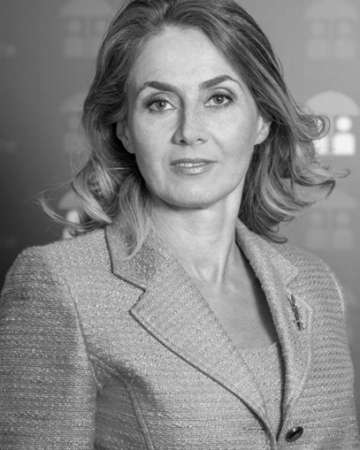
Commissioner for Protection of Equality of the Republic of Serbia
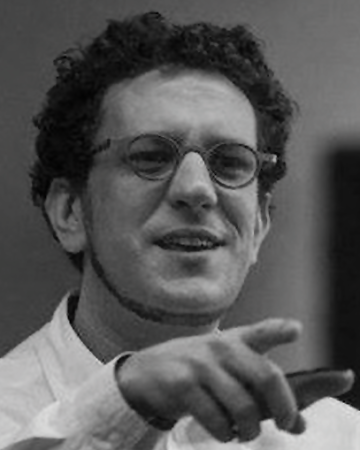
Electoral and political expert
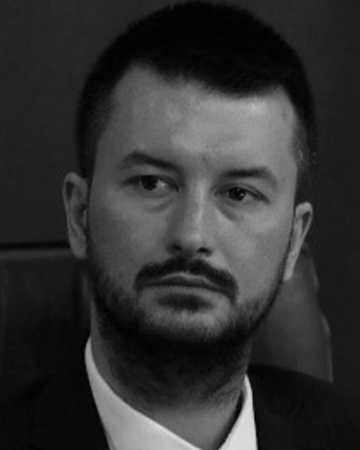
Pod lupom - Coalition for Free and Fair Elections
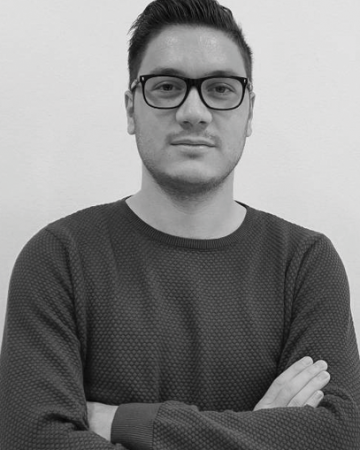
Legal Associate, CRTA - Moderator
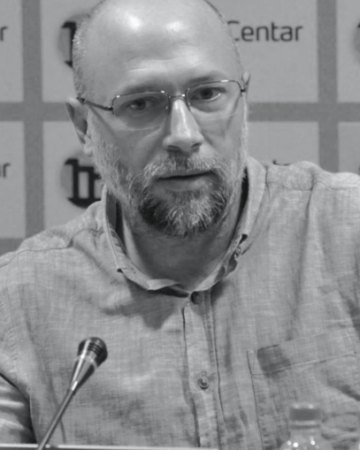
Faculty of Philosophy, University of Belgrade
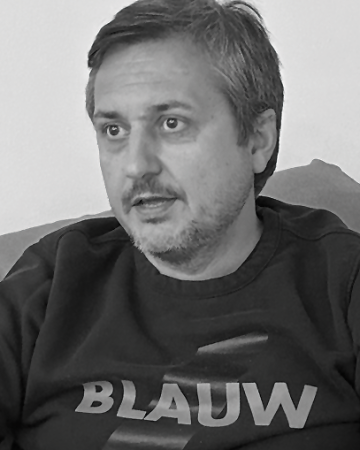
Program Manager, CRTA
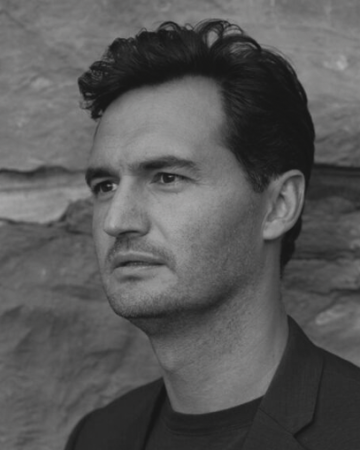
Directorate for Democracy Support of the European Parliament and Adjunct Professor of International and Public Affairs, Columbia University
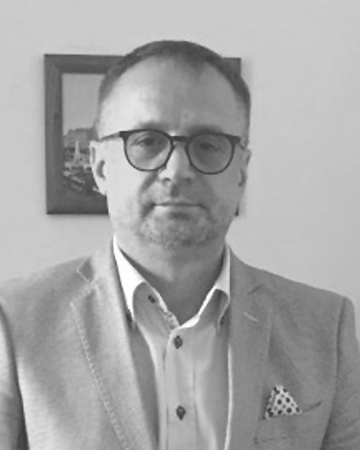
Honorary President, Association of Public Prosecutors and Deputy Public Prosecutors

British Embassy to Serbia

European Union Delegation to the Republic of Serbia
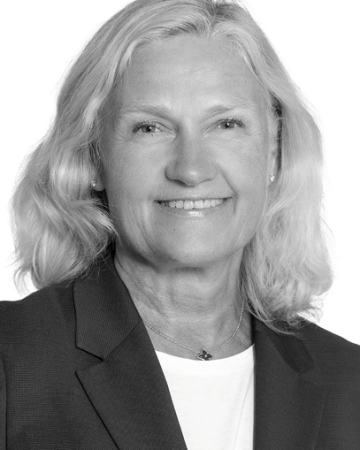
Embassy of the Kingdom of Norway to Serbia
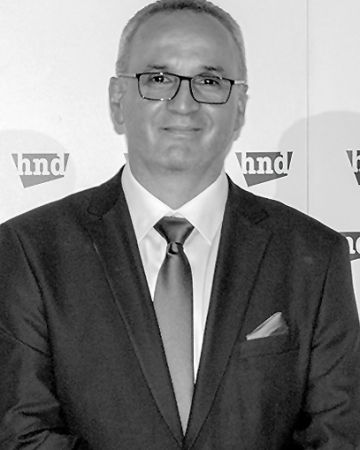
President of the Croatian Journalists' Association
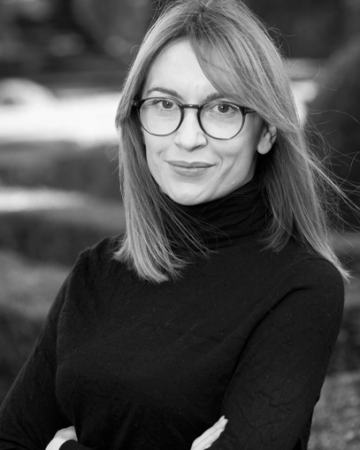
Assistant Professor at the University of Zagreb and Research Fellow at the European University Institute

Election expert, GOLOS
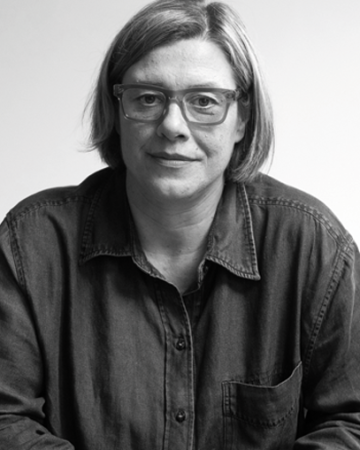
Foreign policy commentator for N1
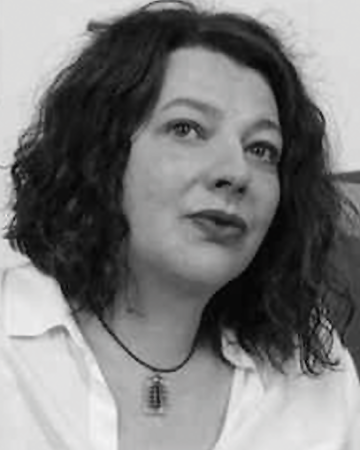
Executive Director, Slavko Ćuruvija Foundation - Moderator
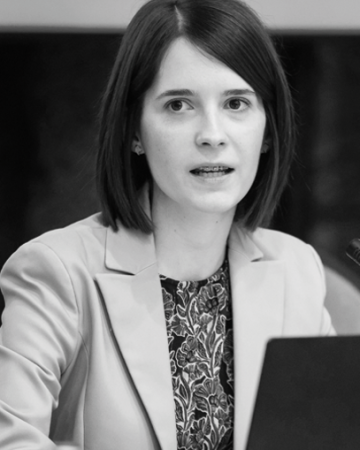
Researcher, Atlantic Council Montenegro
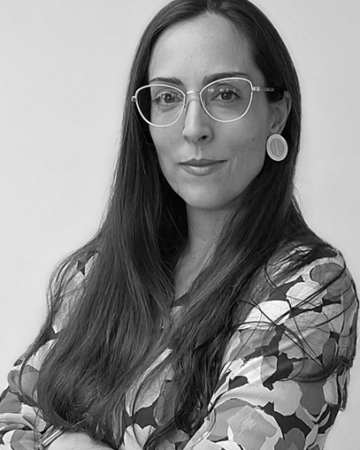
Associate Professor, Faculty of Political Sciences, University of Belgrade
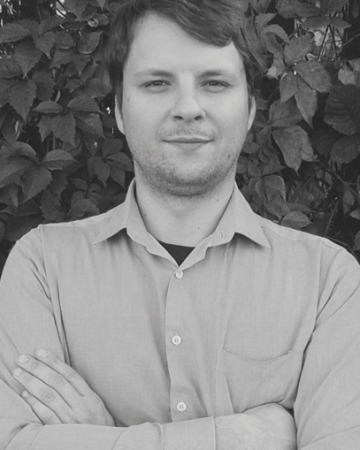
Assistant Professor in political science - Moderator
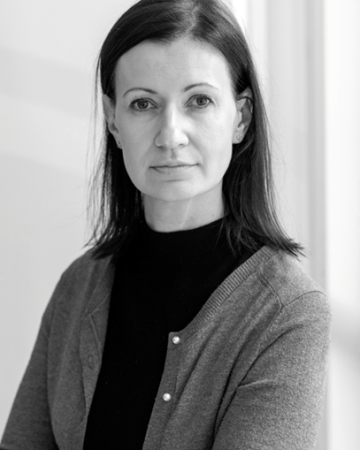
Communications Director, CRTA - Moderator
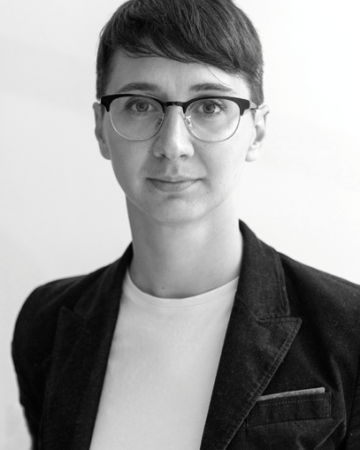
Project Coordinator, CRTA - Moderator
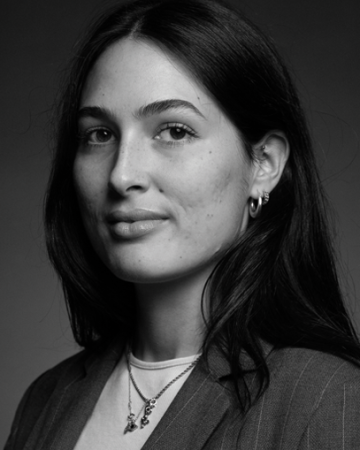
Legal Officer

Election expert, OSCE Office for Democratic Institutions and Human Rights (ODIHR)
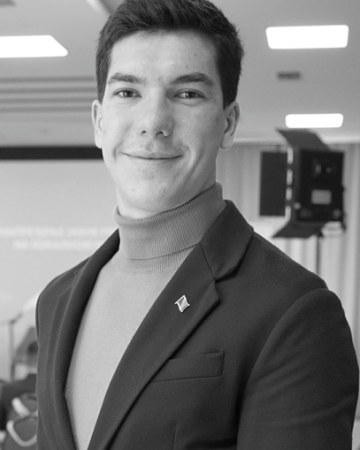
Project Manager, Center for Civic Initiatives
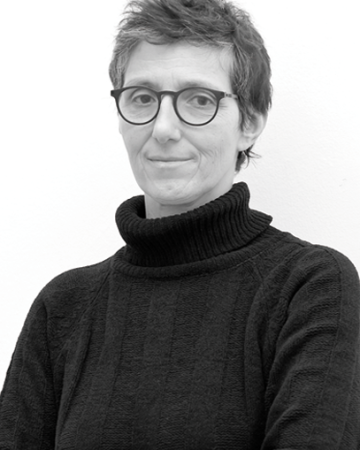
President, European Journalist Federation - Moderator
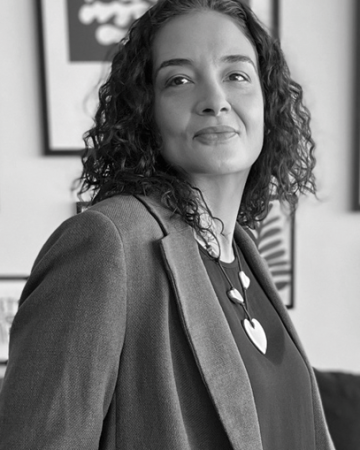
Res Publica
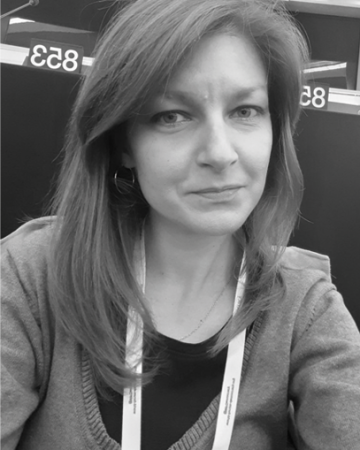
Project Manager, CRTA
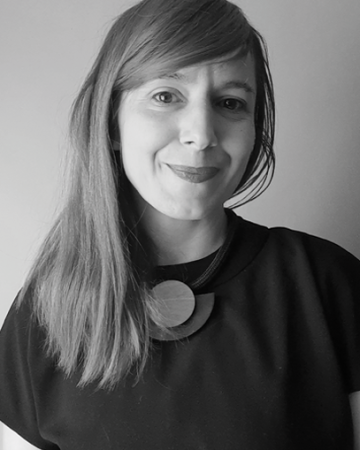
Qualitative Research Manager, CRTA
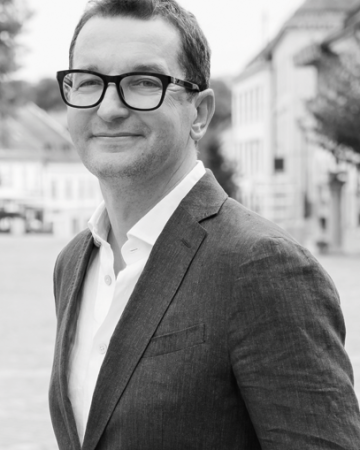
Professor and Chair of the Communication Department at the Faculty of Social Sciences, University of Ljubljana
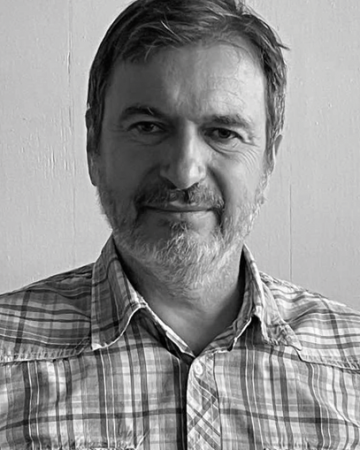
STO Coordinator, CRTA
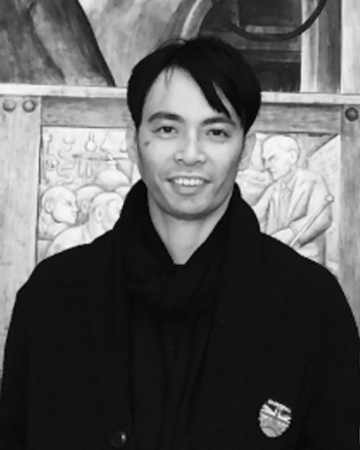
Associate Professor of Political Science, University of Tokyo
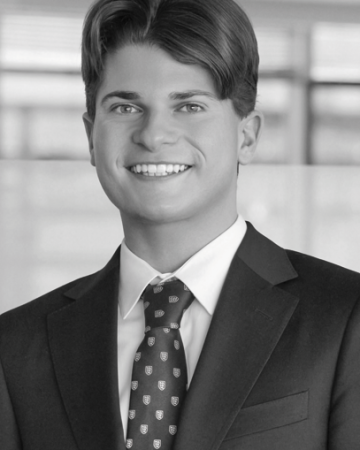
Research Associate, Protect Democracy
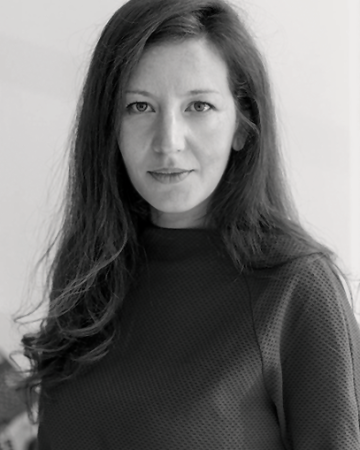
Editor-in-Chief, Istinomer
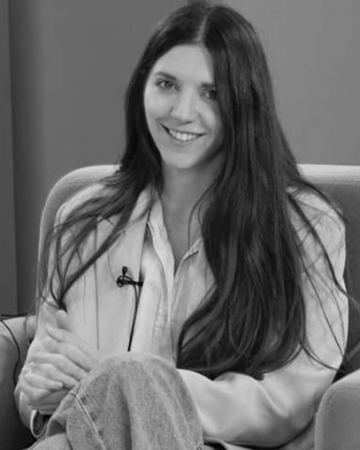
Project Coordinator, New Social Initiative
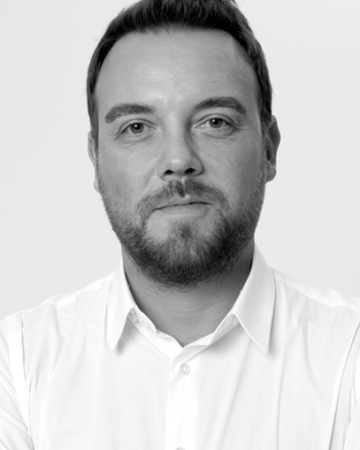
Vice-President of the European Federation of Journalists

Head District Prosecutor, Doboj District Prosecution
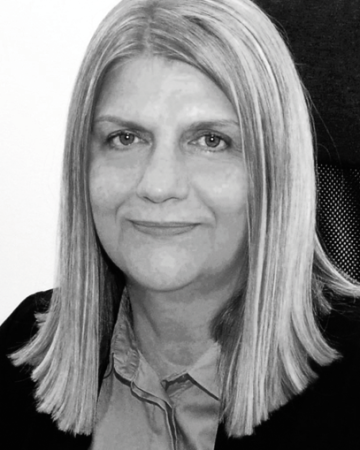
Executive Director, GONG
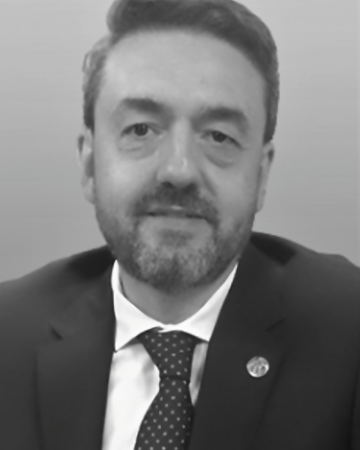
Professor, University of Valladolid
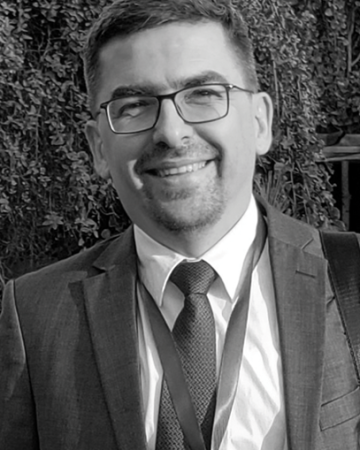
Senior Regional Election Advisor, IFES
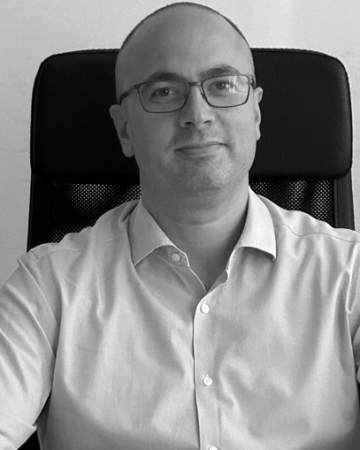
Director For Legal Affairs, CRTA - Moderator
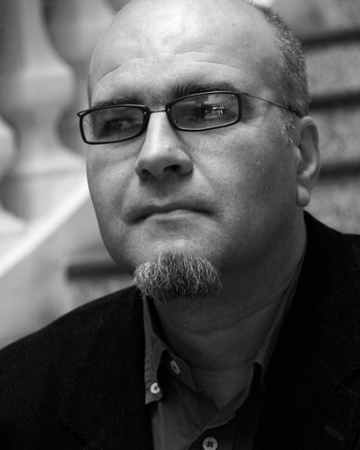
Director, Center for Empirical Cultural Studies of South-East Europe, and Professor, Faculty of Arts, University of Niš

Creative Director, CRTA
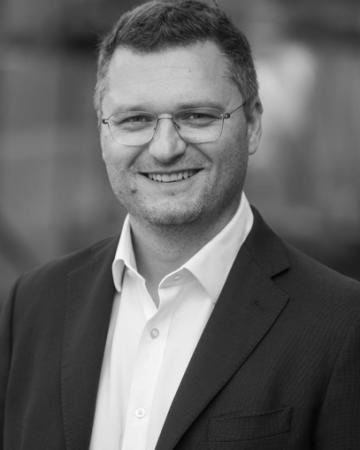
Program Director, CRTA
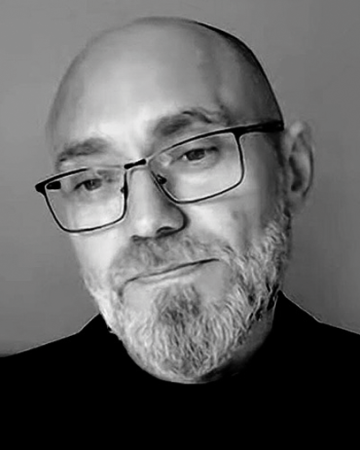
Independent expert

Assistant Director for Legal Affairs, Regulatory Authority for Electronic Media of the Republic of Serbia
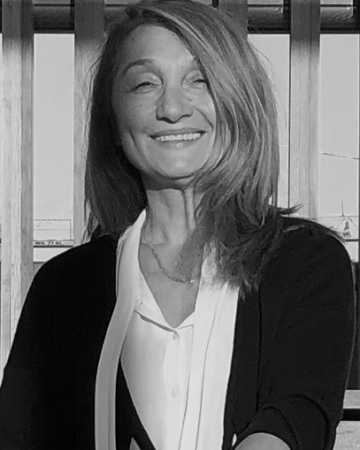
Professor of Communication
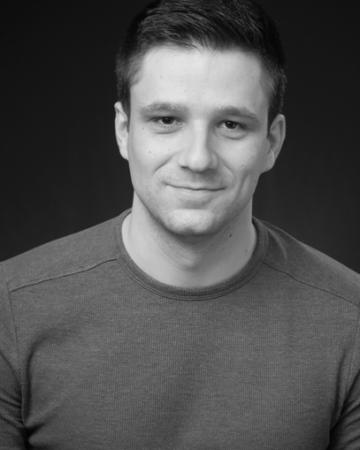
Assistant Professor, Faculty of Philosophy, University of Novi Sad - Moderator
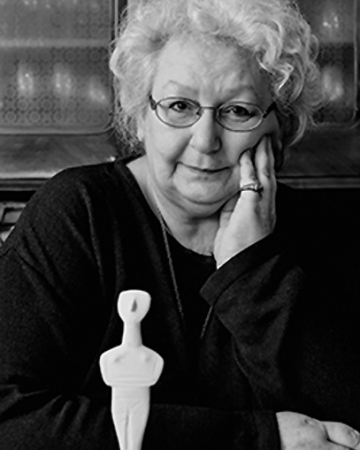
Literary historian, anthropologist, classical philologist, writer
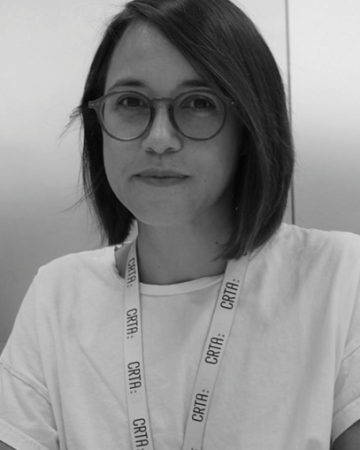
Deputy Program Director, CRTA - Moderator
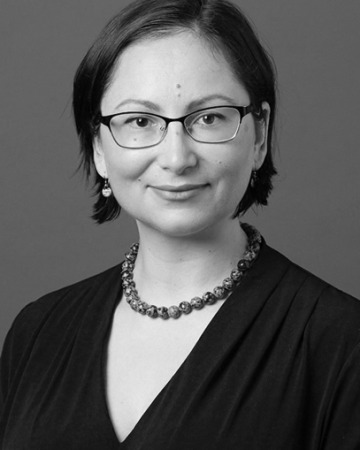
Professor, Columbia University
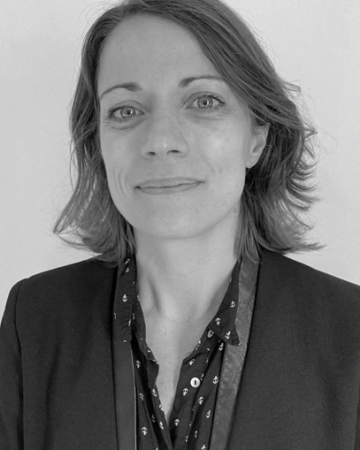
Senior Legal and Justice Advisor, International Foundation for Electoral Systems: IFES

President, Republic Electoral Commission
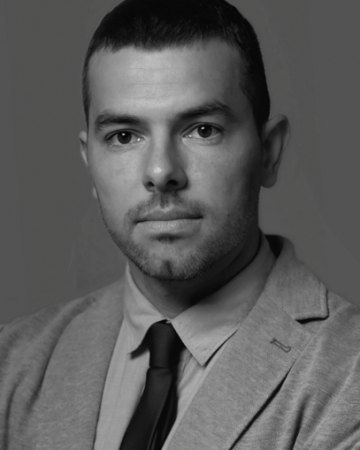
Program Manager, CRTA - Moderator
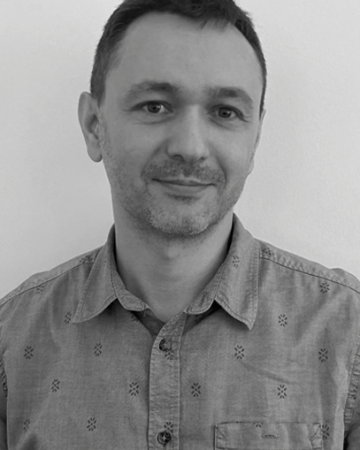
Director of Public Opinion Research, CRTA - Moderator
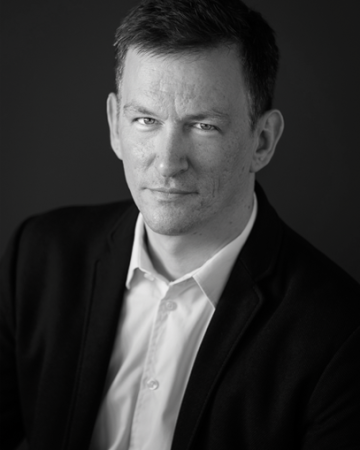
Assistant Director, Institute of Philosophy and Social Theory, University of Belgrade - Moderator
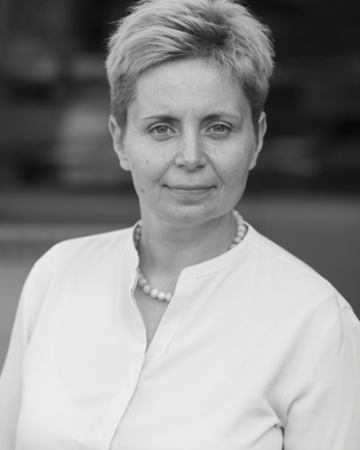
Director, CRTA
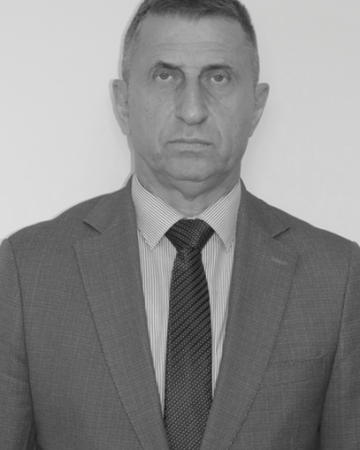
Chief Prosecutor, Brčko District Prosecution
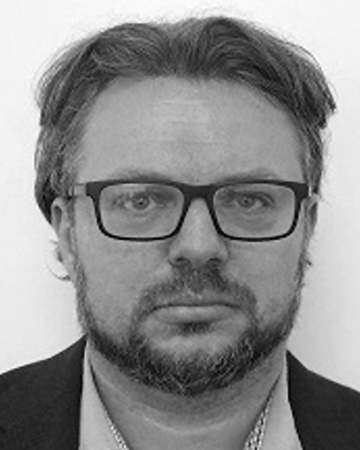
Member of the Central Election Commission of Bosnia and Herzegovina
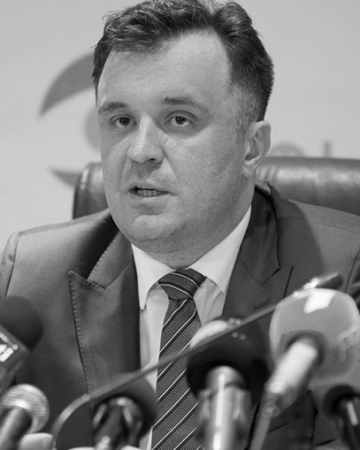
Executive Director, European Network of Election Monitoring Organizations - ENEMO
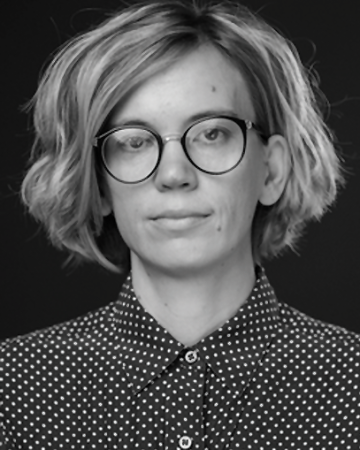
Senior Research Fellow, Centre for European Reform
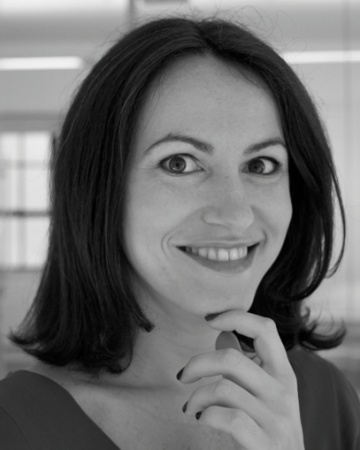
Co-Founder of Unhack Democracy
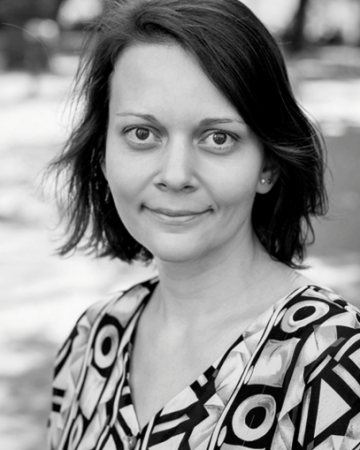
Independent Journalist, Lakmusz
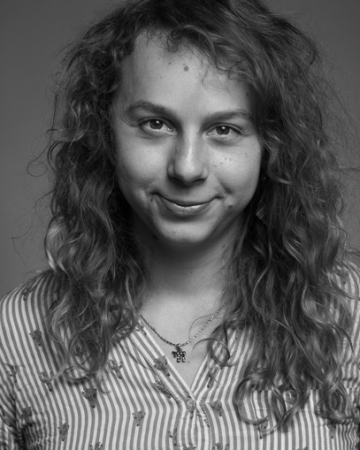
Political Freedoms Program Officer, Hungarian Civil Liberties Union
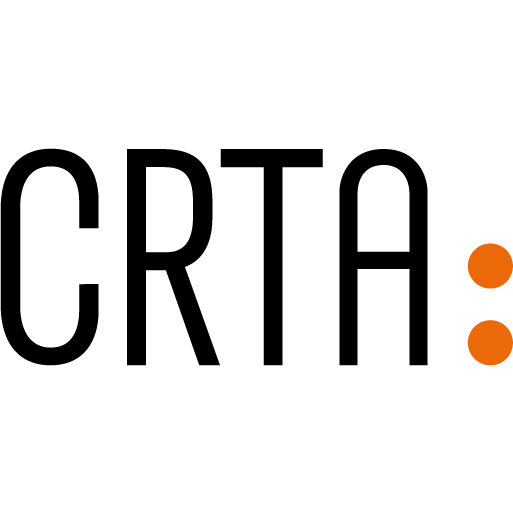
CRTA (Center for Research, Transparency and Accountability), is an independent, non-partisan civil society organisation committed to developing democratic culture and civic activism. By creating public policy proposals, advocating for the principles of responsible behaviour by the government and state institutions, and educating citizens on their political rights, we are dedicated to establishing the rule of law and developing democratic dialogue. Since 2016, we have been observing elections, both nationally and locally. We are coordinating the work of the Citizens on Watch network, which has thousands of citizens trained to observe the regularity of voting. The ongoing struggle to improve the conditions for fair and free elections is the backbone of all our activities.